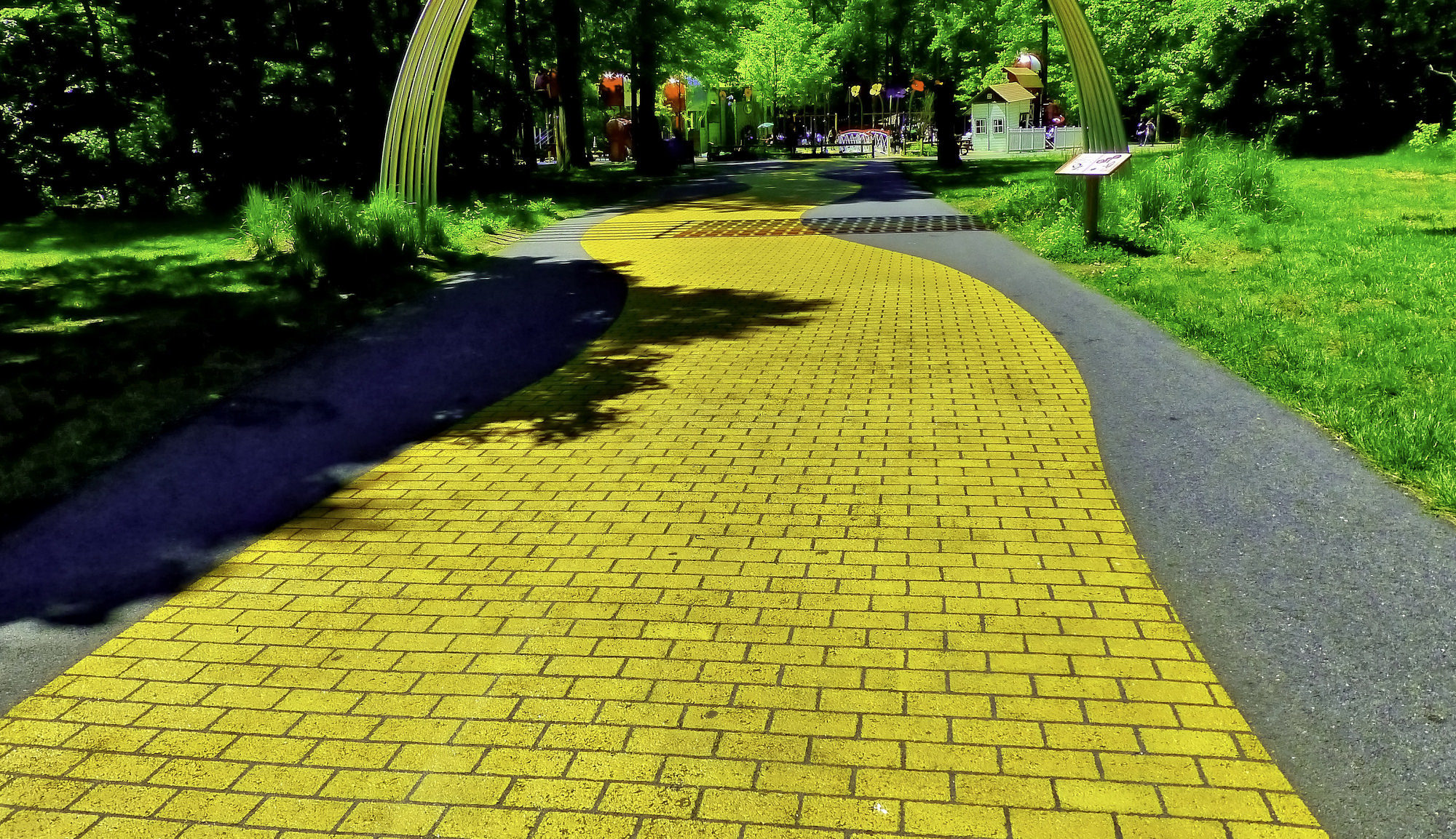Mentoring: Feeding the Brain, Cultivating the Heart, and Building Courage
by Klodiana Kolomitro, PhD, and Les MacKenzie, PhD, Queen’s University
As educators, we are privileged to build relationships and help thousands of students reach their full potential each year. At times, we have had nearly 750 students in our first-year undergraduate anatomy course, which meant that we were graciously offered the support of approximately 20 learning facilitators for that iteration of the course. First off, we acknowledge that the official term used in our institution is Teaching Assistant (TA), but let’s be honest—we are in this as a team, so let’s break down that hierarchy of who really is the “teacher” here and who is the “assistant.” We call them learning facilitators regardless of what their contract says.
We want our learning facilitators to have the most rewarding experience during our time together, and we want to ensure that this opportunity provides them with the mentorship they hope for. This certainly includes those who might not have an interest in academia, and for them, this is probably the first and last course for which they will be a facilitator. Yes, we do hold regular meetings, and we have clear expectations on marking, guidelines when they should and should not engage with students, course netiquette, grading sessions, formative feedback, peer support, and so on. But what we want to share with you are our secret ingredients in what we think has really made a difference. In doing so, we can’t help but think of the story in The Wonderful Wizard of Oz, and how it eloquently captures what it’s like for the mentors (Good Witches) and fans (Munchkins) along a path filled with risks and uncertainties. At the end of that path, though, there is no magic wand or special broomstick. The journey instead helps the Lion, Scarecrow, Tin Woodman, and Dorothy realize that they already had what they wanted all along.
Feeding the Brain
“Dreams that you dare to dream really do come true…
Scarecrow: Look! There’s someone who can help you.”
Our learning facilitators are given the following task in our orientation meeting: Identify an area (e.g., skill; knowledge; habit of mind, heart, or hand) that you are hoping to further develop this semester from working together, and let us know what we can do to help you achieve that. Basically, in that first meeting we ask: What are your goals and how can we support you in achieving them? It’s fascinating how this simple question is initially met with confused looks and silence. Some of them start identifying various needs such as providing better feedback, or better communication with students, learning how technology informs pedagogy; while others ask for more time to reflect on this. They quickly realize that we have a vested interest in their success (however they define success) and genuinely try to create a supportive environment. Also, having a tangible goal and revisiting that goal at the end of our experience together, helps our facilitators realize their true talents and abilities.
Cultivating the Heart
“Auntie Em: Here, here, can’t work on an empty stomach. Have some crullers.”
Pressures are high on our learning facilitators to juggle many things in their professional and personal life, and to keep up with the frantic pace of graduate studies. Articulating a plan for learning and professional development certainly helps our learning facilitators nurture their cognitive well-being. But what about their physical, emotional, mental, and spiritual well-being? The emotional labour of facilitating learning can become exhausting, even toxic if you don’t have a self-care plan. At the same time, cultivating resilient, strong, and healthy educators requires that we encourage physical and mental regeneration by creating space for wellness, buoyancy, and optimism. We see our learning facilitators not simply as facilitators in our course but as whole human beings, and we encourage them to think of ways and strategies to restore their soul and rejuvenate their spirit. Hence, they are no longer surprised when we ask them: What is your self-care plan?
Building Courage
“Glinda: You’re capable of more than you know.”
Our course is structured in such a way that it gives our learning facilitators options and choice in what they want to engage in. We have a leadership team, a communications team, and a grading and feedback team of facilitators. Diversifying the tasks and opportunities for our learning facilitators enables them to stay with the team that draws on their strengths and is in their comfort zone or take risks and try something different. It also provides an opportunity for those aspiring to a leadership position to be mentored in taking on such a role in the future.
Mentoring doesn’t just end when the course is over. However, we can only hope that our learning facilitators find their ruby slippers and realize that the power ultimately resides within themself. Who knows, perhaps along the way together we can even help our students find their ruby slippers as well. As Dorothy reminds us: “Never give up, Ojo… No one knows what’s going to happen next.”
This article was originally published in Faculty Focus here.
Klodiana Kolomitro is an educational developer with the Centre for Teaching and Learning, and cross-appointed with the Department of Biomedical and Molecular Sciences at Queen’s University in Kingston, Ontario, Canada.
Les MacKenzie is an associate professor and Director of the Pattern II M.Sc. Program in Anatomical Sciences in the Department of Biomedical and Molecular Sciences at Queen’s University in Kingston, Canada.
Photo credit “Watkins Regional Park May 16, 2017, 10-060_sharing” flickr photo by krossbow https://flickr.com/photos/krossbow/35441816005 shared under a Creative Commons (BY) license
